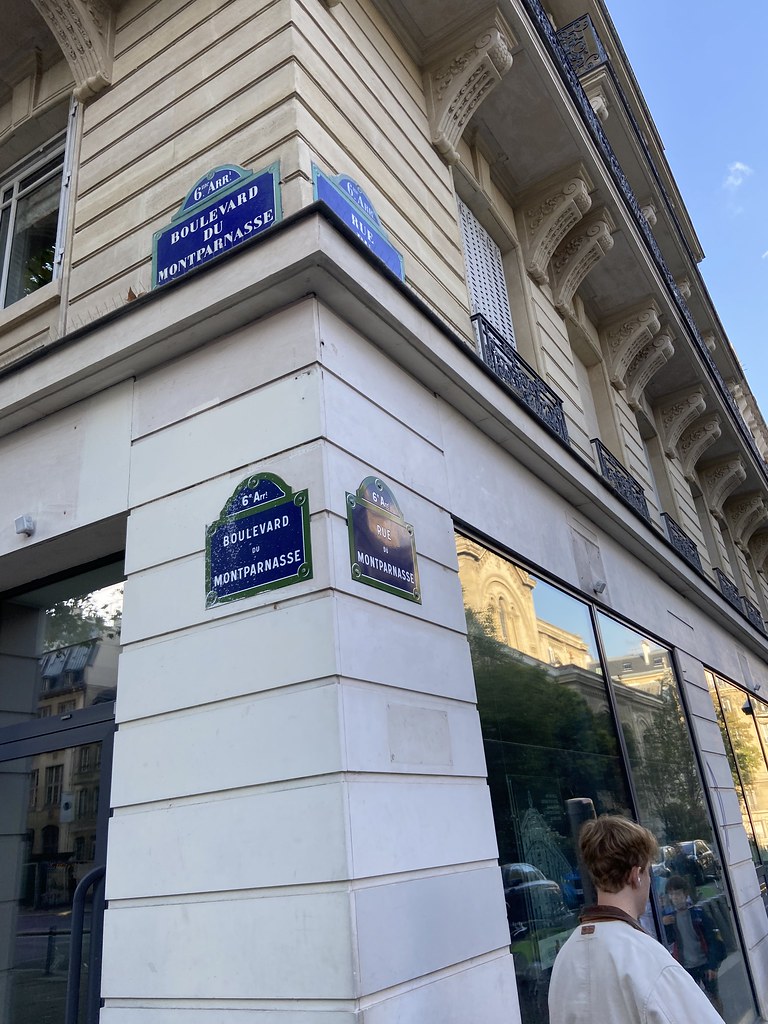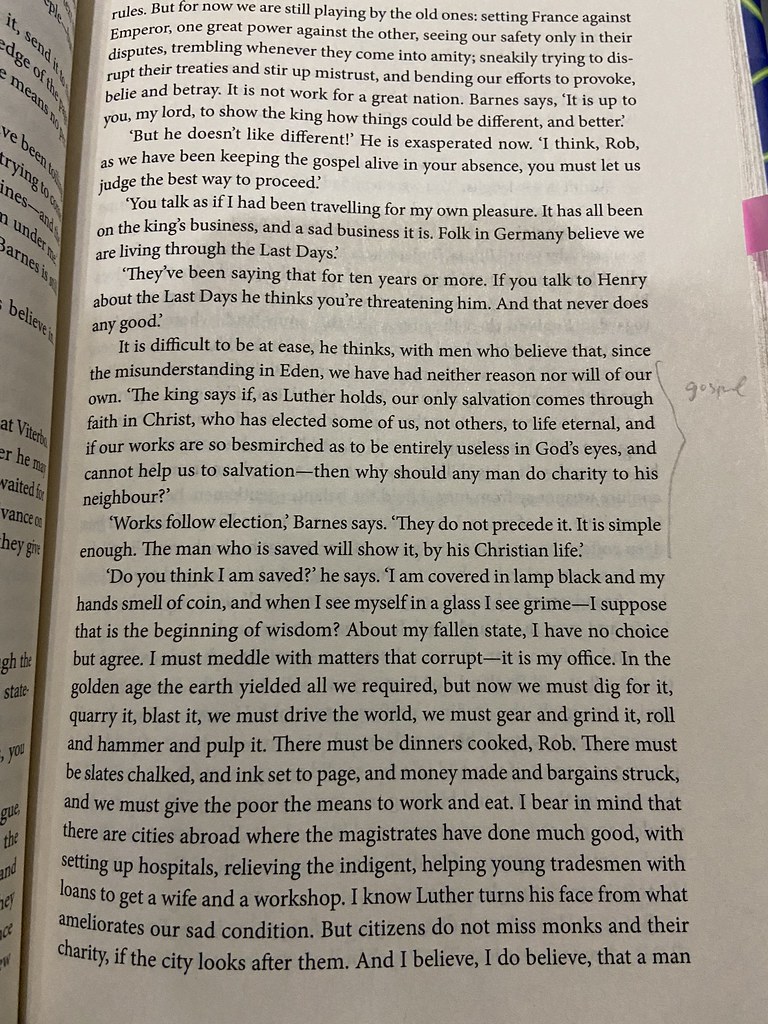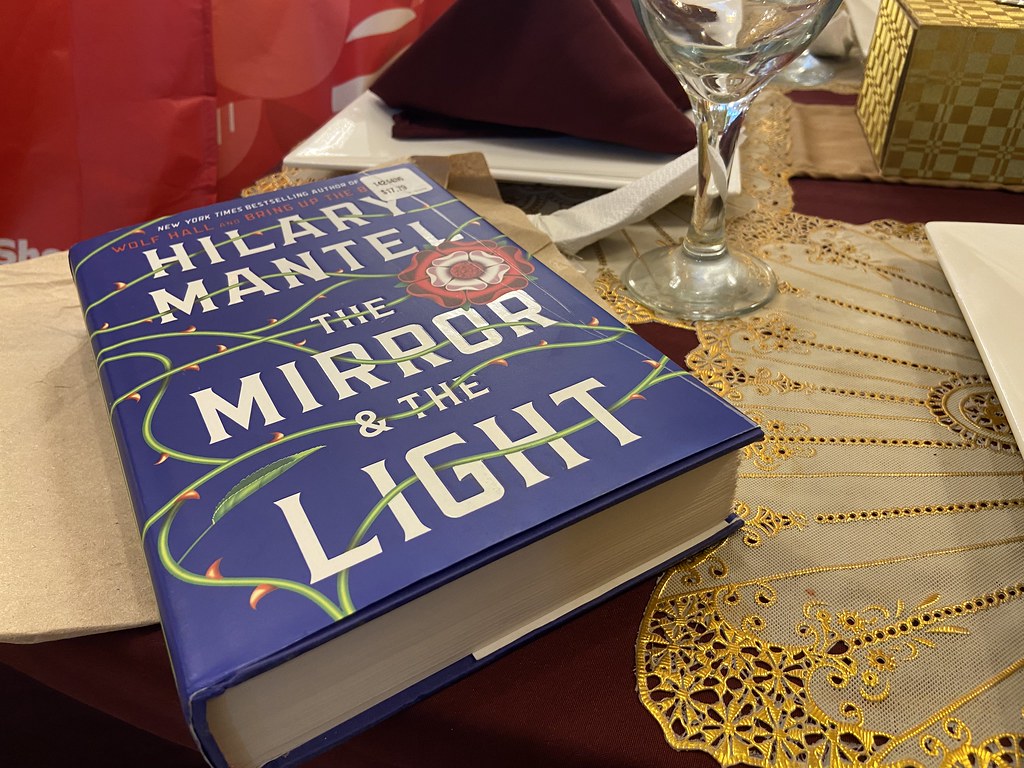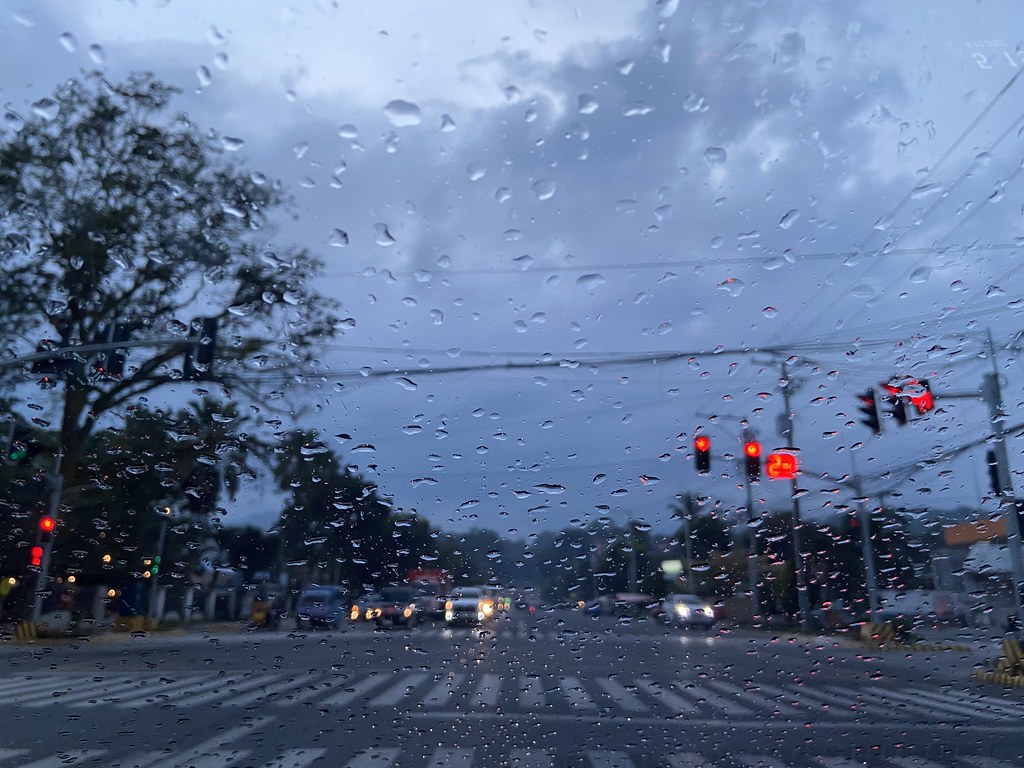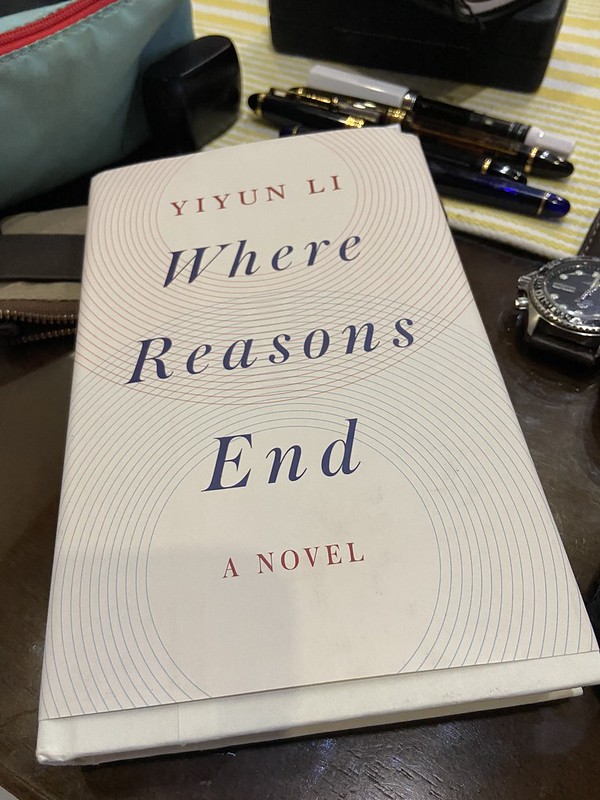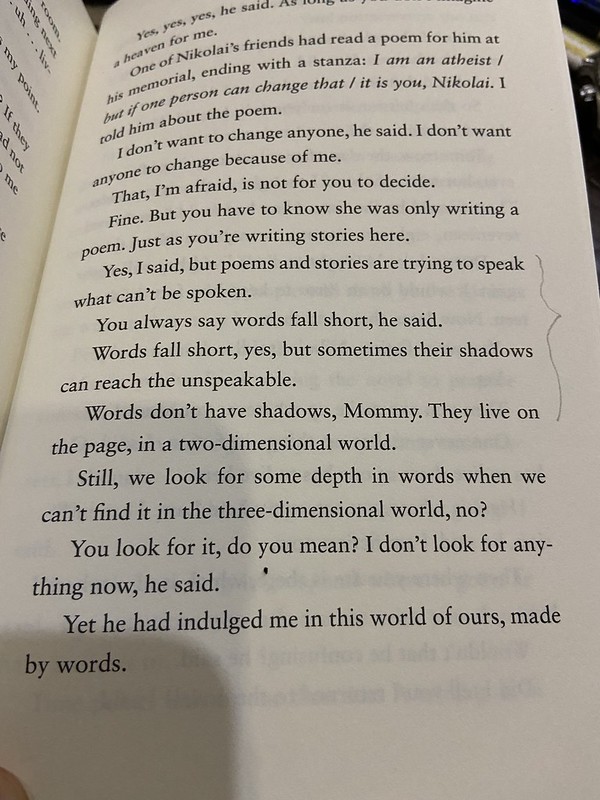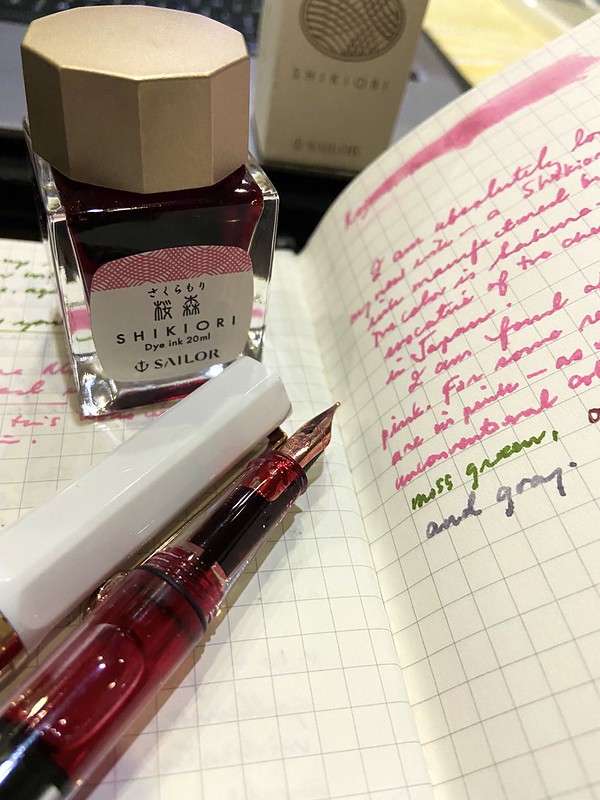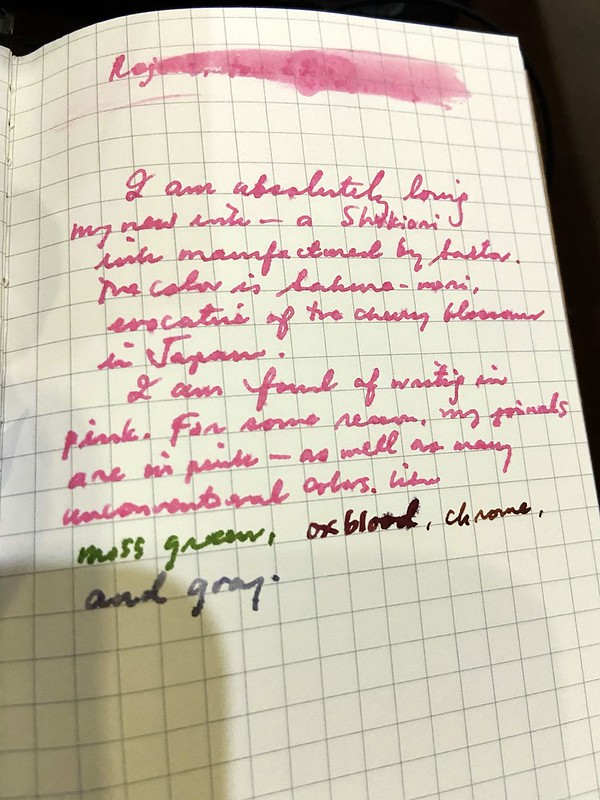Repair

My heartfelt gratitude to Jeff T, schoolmate from Notre Dame, who fixed the old battery of my seven or eight-year old MacBook Air. Jeff delivered it to the house yesterday. He did a clean job and even went as far as ordering a new charger for me. I paid a fraction of the cost I'd normally shoulder if I had brought my device to the Apple Store. I highly recommend him. Although I have a new MacBook Air, I won't let go of the old one, which has been with me in so many reports, presentations, and blog posts. The Japanese philosophy wabi-sabi comes to mind:
From an engineering or design point of view, wabi may be interpreted as the imperfect quality of any object, due to inevitable limitations in design and construction/manufacture especially with respect to unpredictable or changing usage conditions; in this instance, sabi could be interpreted as the aspect of imperfect reliability, or the limited mortality of any object, hence the phonological and etymological connection with the Japanese word sabi.
I like the aesthetic of used and repaired devices that have been worn out by daily, consistent use. I don't really care for getting the most updated versions of, say, the iPhone when I still have one that works. I have, however, a preference for using old phones with cracked screens and wobbly chargers, secondhand frames bought from flea markets, shoes with cracked linings and chipped leather, wallets with broken stitching. These materials have served their purpose and, to my mind, are therefore more valuable. Their imperfections, accumulated through years of use, bear the personal imprint of their owner, and there is a kind of pain whenever a decision needs to be made: to condemn them to permanent disuse or to have them repaired again. A few days ago, I had my old Adidas sneakers repaired. The sole of the right shoe was detached and needed to be sewn into place. I couldn't part with that pair, which I bought in Seoul, on a trip with my medical oncology friends many years ago. Each time I wear them, I remember the bingsu we ate after.

In the process of having the battery replaced, I recently read Roger Scruton's take on repair. Here, he's quoted by Alan Jacobs, whose blog I follow religiously.
Repair [at an earlier stage of our culture] was not so much a habit as an honoured custom. People respected the past of damaged things, restored them as though healing a child and looked on their handiwork with satisfaction. In the act of repair the object was made anew, to occupy the social position of the broken one. Worn shoes went to the anvil, holed socks and unravelled sleeves to the darning last — that peculiar mushroom-shaped object which stood always ready on the mantelpiece.
The custom of repair was not confined to the home. Every town, every village, had its cobbler, its carpenter, its wheelwright and its smith. In each community people supported repairers, who in tum supported things. And our surnames testify to the honour in which their occupations were held. But to where have they repaired, these people who guaranteed the friendliness of objects? With great difficulty you may still find a cobbler — but for the price of his work you could probably buy a new pair of shoes. For the cost of 15 digital watches you may sometimes find a person who will fix the mainspring of your grandfather’s timepiece.
The truth is that repair, like every serious social activity, has its ethos, and when that ethos is lost, no amount of slap-dash labour can make up for it. The person who repairs must love the broken object, and must love also the process of repair and all that pertains to it.
I guess that makes Jeff T our city's honored repairer of all things Apple. Salamat liwat, Jeff.
Labels: daily

